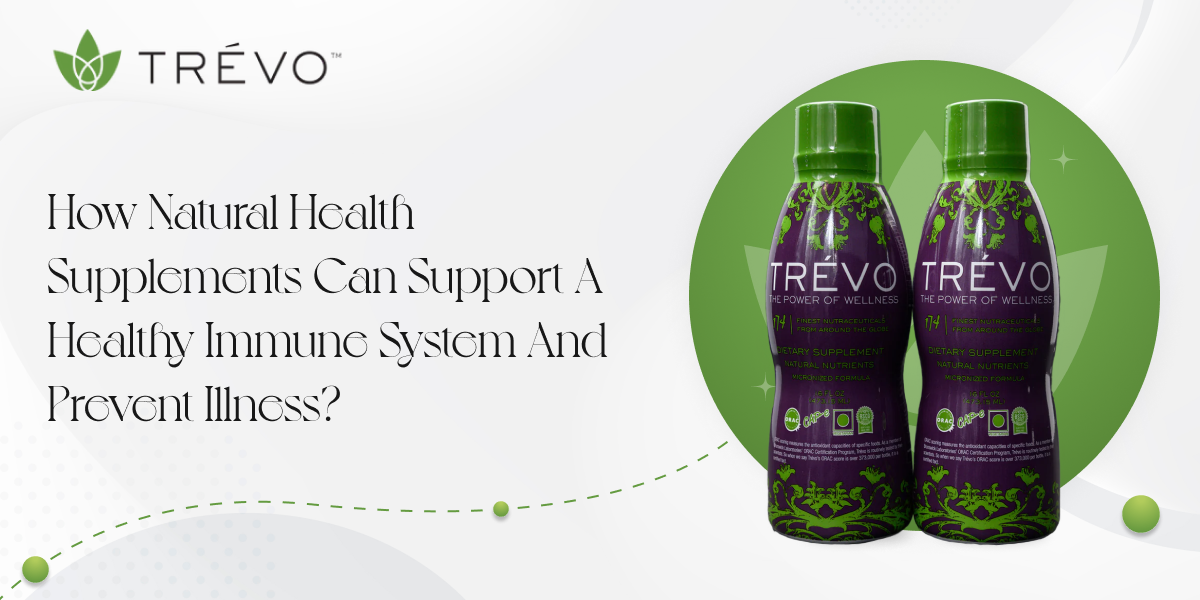You may have heard of self-ligating braces if you’re looking for ways to straighten your teeth. But what are they exactly, and how do they differ from traditional braces?
In this blog post, we’ll explore self-ligating braces, how they work, and some advantages and disadvantages.
What are self-ligating braces?
Self-ligating braces are a type of orthodontic treatment that use brackets to move teeth into the correct position. Unlike traditional braces, which use elastic bands or wires to hold the brackets in place, self-ligating braces use a special clip or door mechanism to secure the wire.
How do self-ligating braces work?
Self-ligating braces work by applying a constant, gentle force to the teeth to gradually move them into the desired position. A wire is inserted through the brackets after they have been fastened to the molars. The wire is then secured in place using a small clip or door mechanism on each bracket. The wire is adjusted periodically to keep the teeth moving in the right direction.
What are the advantages of self-ligating braces?
There are several advantages to choosing self-ligating braces over traditional braces:
Faster treatment time: Self-ligating braces are often able to straighten teeth more quickly than traditional braces because they apply more consistent pressure.
Fewer appointments: Because self-ligating braces require fewer adjustments than traditional braces, you’ll need to visit the orthodontist less often.
Less discomfort: The gentle, consistent pressure applied by self-ligating braces can be more comfortable than the pressure from elastic bands or wires used with traditional braces.
Better hygiene: Because there are no elastic bands or wires to trap food and bacteria, it’s easier to keep your teeth clean and healthy with self-ligating braces.
What are the disadvantages of self-ligating braces?
While self-ligating braces have many advantages, there are also some potential downsides to consider:
Cost: Self-ligating braces may be more expensive than traditional braces.
Limited availability:Finding an orthodontist who provides self-ligating braces might require some research since not all of them do.
Not suitable for all cases: Self-ligating braces may not be the best option for complex orthodontic cases or cases that require more significant tooth movement.
Conclusion
In conclusion, self-ligating braces are a popular orthodontic treatment that offer many advantages over traditional braces, including faster treatment time, fewer appointments, and better hygiene. However, they may not be the best option for everyone, and they can be more expensive than traditional braces. If you’re interested in self-ligating braces, be sure to do your research and find an orthodontist who offers this treatment option. For those in the NYC area, dental labs NYC or denture labs near me may be good places to start your search for an orthodontic provider.
Overall, self-ligating braces are a promising alternative to traditional braces for many people. They can offer faster treatment times, fewer appointments, and better hygiene, making them an attractive option for those seeking orthodontic treatment. However, discussing your options with an orthodontic specialist is important to determine which treatment is best for your unique needs and budget.
If you’re interested in learning more about self-ligating braces, don’t hesitate to reach out to a dental professional for more information. Whether you choose self-ligating braces or another type of orthodontic treatment, you’ll be one step closer to achieving a healthier, more beautiful smile.
FAQs
Q: Do self-ligating braces hurt?
A: Like with any orthodontic treatment, you may experience some discomfort or soreness in the first few days after getting self-ligating braces. However, because self-ligating braces apply a more consistent and gentle pressure, you may experience less discomfort overall.
Q: Can I eat anything with self-ligating braces?
A: While you can eat most foods with self-ligating braces, you should avoid hard, sticky, or chewy foods that can damage the brackets or wires.
Q: How long do I need to wear self-ligating braces?
A: The length of your treatment will depend on your individual needs and the complexity of your case. Your orthodontist can estimate the length of time you’ll need to wear orthodontics.






